Biography
Gilles Brassard obtained a PhD in Computer Science from Cornell University in 1979. He has been a professor at Université de Montréal ever since. Throughout his career, Professor Brassard has had a passionate interest in all aspects of quantum information science, a field he largely contributed to creating by combining the principles of quantum theory and computer science. He invented quantum cryptography, which enables the unconditionally secure transmission of information, and quantum teleportation, for which he was predicted to receive the Nobel Prize in Physics by Thomson Reuters (now Clarivate). A video produced by Québec Science and the Fonds de recherche du Québec as part of the “Que sont devenues nos découvertes de jadis?” series tells the story of his discovery of quantum teleportation together with Claude Crépeau formerly from McGill University (now at the École de technologie supérieure), which was named as one of the 10 discoveries of the year in 1993 by Québec Science.
The recipient of more than 35 honours and distinctions, including the Prix Marie-Victorin, the Killam Prize, the Gerhard Herzberg Canada Gold Medal for Science and Engineering, the Rank Prize, the Wolf Prize in Physics, the Micius Quantum Prize, the BBVA Foundation Frontiers of Knowledge Award in Basic Sciences and the Breakthrough Prize in Fundamental Physics, Professor Brassard holds three honorary doctorate degrees, is an Officer of the Order of Canada and the Ordre national du Québec, and is a fellow of the Royal Society of London.
Abstract
I shall discuss two topics, which are loosely connected by Artur Ekert’s E91 protocol, whose subtitles are (1) How quantum cryptography came to be, and (2) Who told you that Nature is nonlocal? The first tale will cover the period from Stephen Wiesner’s seminal Conjugate Coding to Ekert’s protocol; the second tale will start with EPR 1935, evolve through John Bell’s 1964 seminal paper to the experiments that led to the 2022 Nobel Prize in Physics that purport to force us to renounce local realism, and culminate with my reasons to believe that Nature is local and realistic nevertheless.

